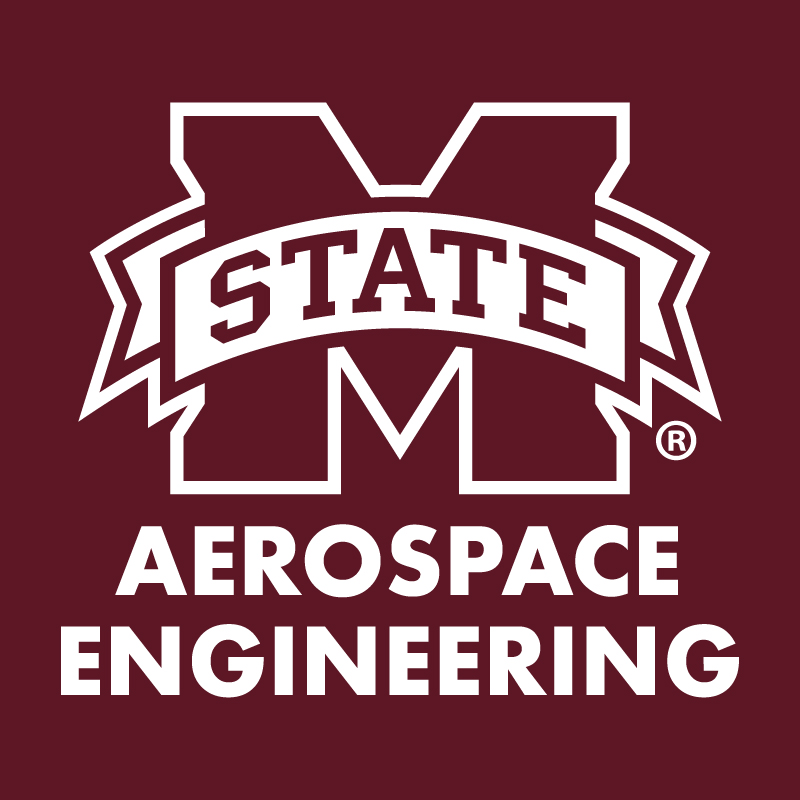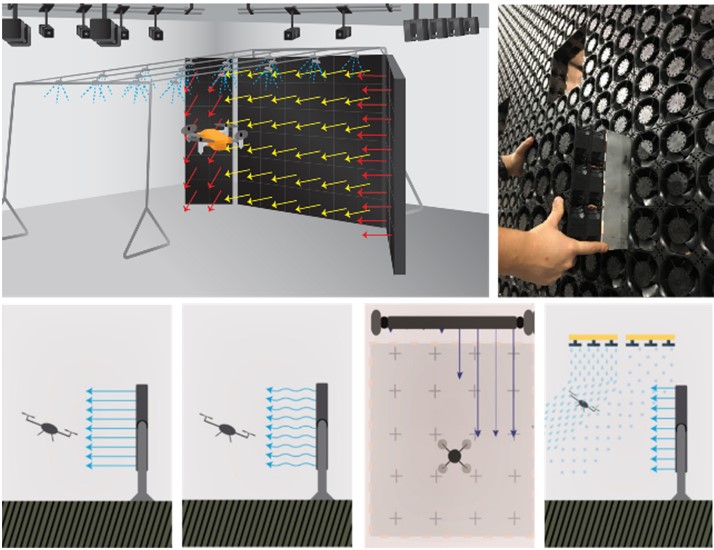
Aerodynamics of sUAVs in Adverse Weather Conditions

One of the key aspects to the safe and commercially viable integration of fixed- and rotary-wing small unmanned aerial vehicle (sUAV) technologies into the National Airspace System (NAS) where public need can be best served includes operations such as eCommerce, emergency response, and agriculture. Realization of these use cases demand all weather flight operational capability. However, testing of sUAVs in such conditions can be cost prohibitive and timely as it is dependent on environmental variables beyond the manufacturer’s control. Additionally, certification efforts are hampered by the lack of controlled testing environments and inexpensive computational tools capable of simulating adverse weather conditions. The aim of the proposed research will be to develop an experimental framework to fundamentally understand how sUAV systems involving many degrees of freedom behave under different perturbations emerging in adverse weather environments, how they adjust to new conditions, what control strategies are necessary to optimally maintain prescribed trajectories in adverse weather conditions, and how to define the design requirements for weather resistant drones.
Funding Support:


